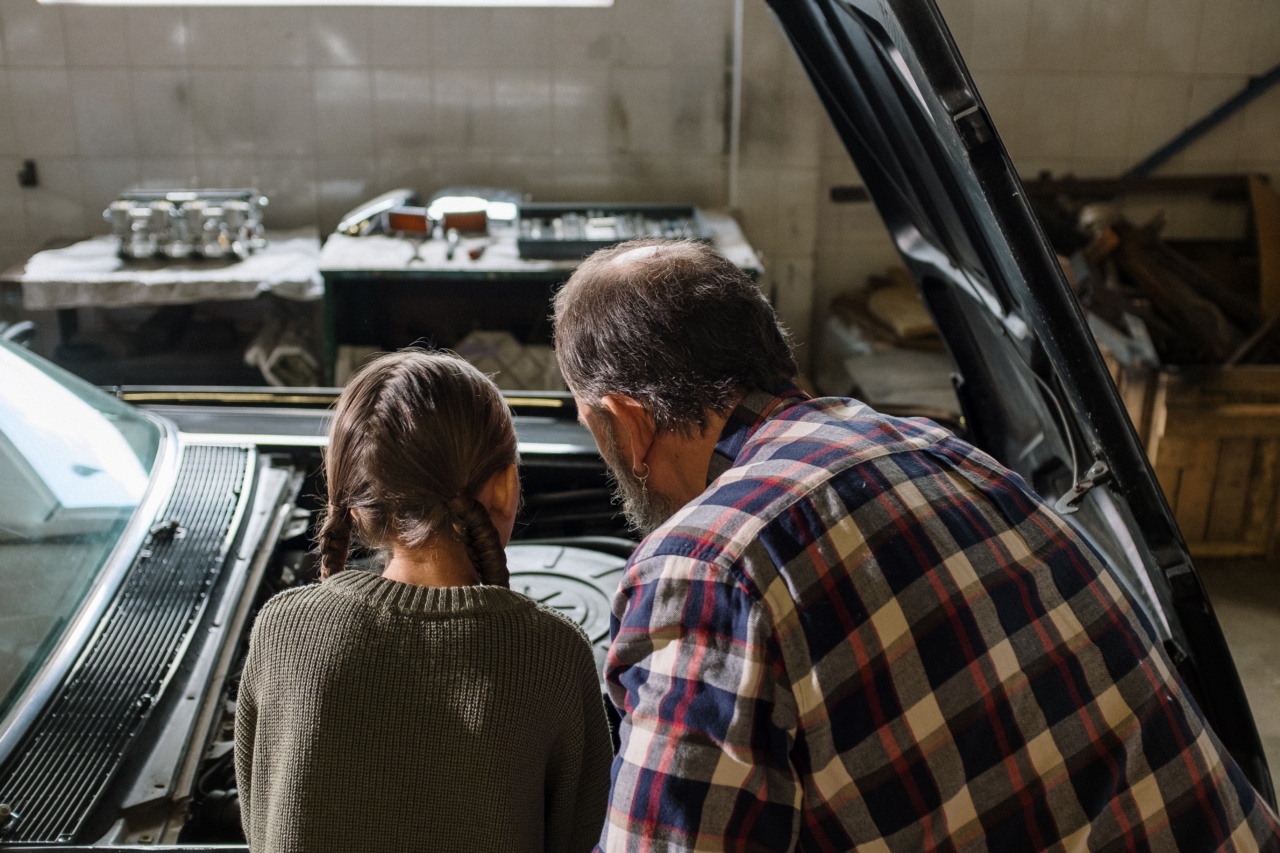Allergies can be a severe problem for some children. They can cause rashes, itching, sneezing, and even severe breathing problems. As a parent, you need to be prepared to protect your child from allergic reactions. Here are some tips on how to do that:.
Identify the Allergens
The first thing you need to do is to identify the allergens that your child is sensitive to. These can be anything from foods to pollen to animal dander. Once you know what the allergens are, you can take steps to avoid exposing your child to them.
Keep Your Home Clean
A clean home is essential for protecting your child from allergies. Dust, pollen, and pet dander can accumulate in your home and cause allergic reactions.
Make sure that you clean your home regularly, and use a vacuum cleaner with a HEPA filter to remove allergens from the air.
Avoid Certain Foods
If your child has a food allergy, it’s essential to avoid those foods. Teach your child to read labels, and check ingredients before they eat anything.
Educate yourself on the foods that might contain the allergen so that you can make healthier choices for your child.
Pack Safe Foods for School or Outings
It’s quite challenging to avoid allergens when you’re not in your home. If your child has a food allergy, pack safe foods for them to take to school, daycare, or when you go out.
This way, your child will have safe and healthy food to eat that does not contain any allergens.
Provide Medication if Necessary
If your child has a severe allergy, make sure that you provide them with medication such as an EpiPen. The medication can prevent severe reactions and buy time for you to get your child to the hospital.
Teach Your Child about Allergies
Children with allergies need to understand what they can and cannot eat. Talk to your child about their allergies and make sure that they understand why they need to avoid certain foods.
Teach them how to read food labels and what to do if they have an allergic reaction.
Consult a Doctor
If your child has severe allergies or an allergic reaction, make sure that you consult a doctor. They can help you identify the allergen and provide appropriate medication. They can also help you come up with an action plan in case of a severe reaction.
Avoid Over-the-Counter Medications
Even if a medication claims to be an allergy medication, it’s best to avoid it. Some medications can cause side effects and may not be safe for your child. Consult with your doctor before giving your child over-the-counter medication for allergies.
Be Prepared for Emergencies
If your child has a severe allergy, you should always be prepared for an emergency. Keep your child’s medication close at hand, and make sure that you know what to do in case of a severe reaction.
Make sure that you have a plan in place and that you are aware of emergency services in your area.
Conclusion
Protecting your child from allergies is essential. With the right precautions and medication, you can help your child avoid allergic reactions and live a healthy and happy life.
Use the tips above to protect your child from allergies and educate them about what to do if they have an allergic reaction.































